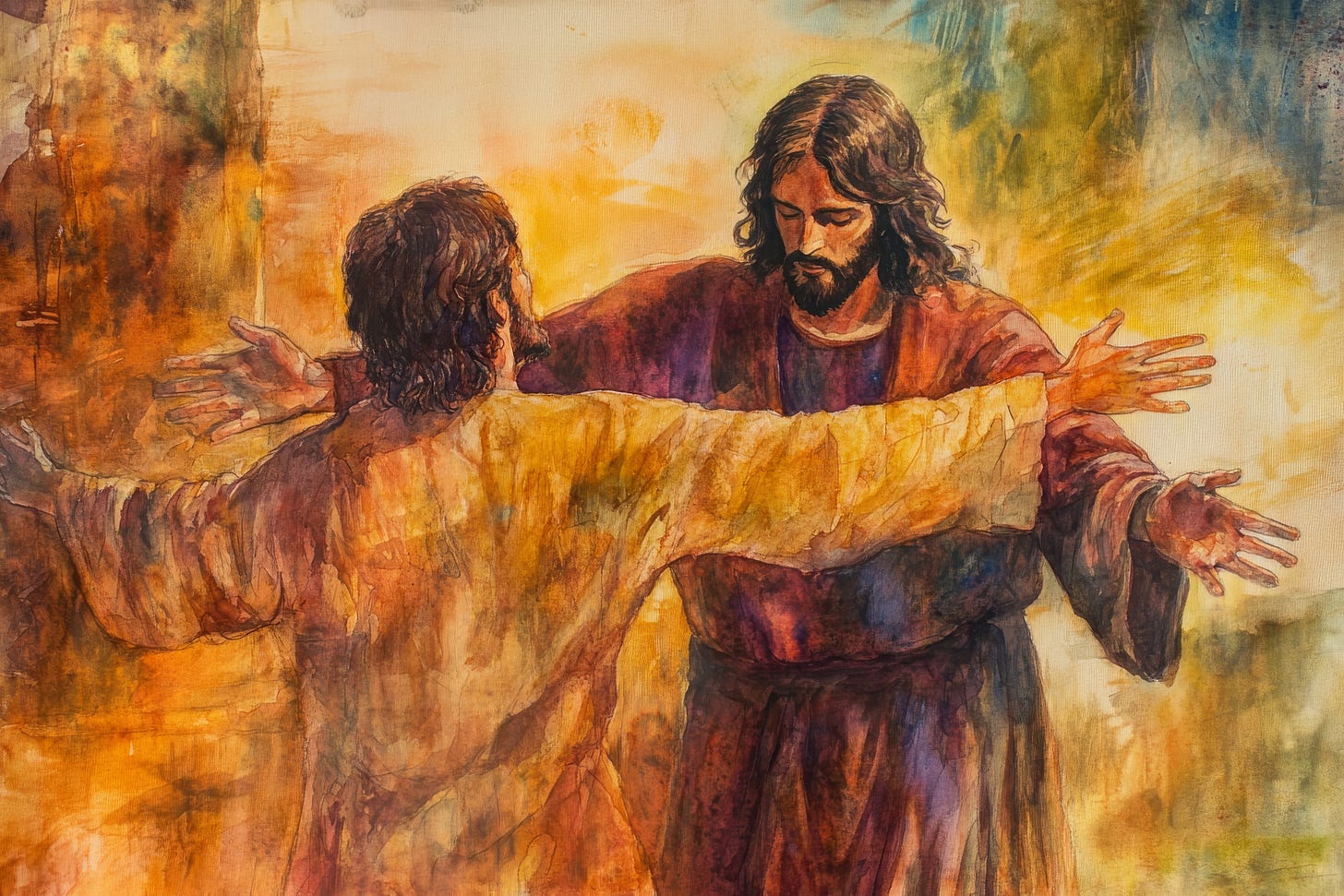Twenty years ago, a couple who were close friends of mine suddenly stopped speaking to me. I wasn’t sure why. At first, I assumed they were busy. But as time passed, I realized something was wrong. Eventually, I learned that something I said in a sermon had been misunderstood. By the time I found out, resentment had already taken hold.
For months, there was silence. I prayed about it and wrestled with what to do. I told myself that time would heal it. It didn’t. The longer the silence lasted, the heavier the burden became. One day, I finally reached out. We met, talked honestly, and cleared the air. They admitted their hurt, and I acknowledged my frustration. Then we prayed together. That day, a friendship was restored, and peace returned to my heart.
Forgiveness is one of the hardest things God asks us to do. It feels unnatural. Everything in us wants to hold on to the hurt, to make the other person pay, or at least understand how deeply we’ve been wounded. Yet Jesus calls us to a higher way—the way of mercy.
He said in Matthew 6:14-15, “For if you forgive others their offenses, your heavenly Father will forgive you as well. But if you don’t forgive others, your Father will not forgive your offenses.” Those are sobering words. Jesus connects our forgiveness of others directly to our relationship with the Father.
Paul echoes the same truth in Colossians 3:12-13: “Therefore, as God’s chosen ones, holy and dearly loved, put on compassion, kindness, humility, gentleness, and patience, bearing with one another and forgiving one another if anyone has a grievance against another. Just as the Lord has forgiven you, so you are also to forgive.”
That last phrase, just as the Lord has forgiven you, changes everything. Forgiveness isn’t based on what someone else deserves; it’s based on what you’ve already received from God.
Think about it. If God had waited until we “deserved” forgiveness, none of us would ever be saved. Romans 5:8 says, “But God proves his own love for us in that while we were still sinners, Christ died for us.” God forgave us at our worst. And when we forgive others, we’re simply passing along what we’ve already received.
Unforgiveness, on the other hand, is a prison. It traps both hearts inside. We think we’re punishing the one who hurt us, but we’re the ones who remain bound. Forgiveness doesn’t minimize sin; it releases its power over us.
When we forgive, we imitate the heart of God. We reflect His mercy. We open the door for peace and healing. It doesn’t mean the pain disappears overnight or that trust is instantly restored. But it means we’ve chosen to let grace have the final word.
Maybe someone has hurt you deeply. Perhaps the wound still stings every time you think about it. I understand. But Jesus’ words stand firm: forgiveness isn’t optional, it’s essential. It’s the only way forward.
When forgiveness feels impossible, remember this: you are never more like Christ than when you forgive. The cross was not convenient, painless, or deserved. Yet Jesus forgave anyway. And that same grace now lives in you.
Let go of the bitterness. Lay down the offense. Let God do what only He can do: heal your heart and set you free.




